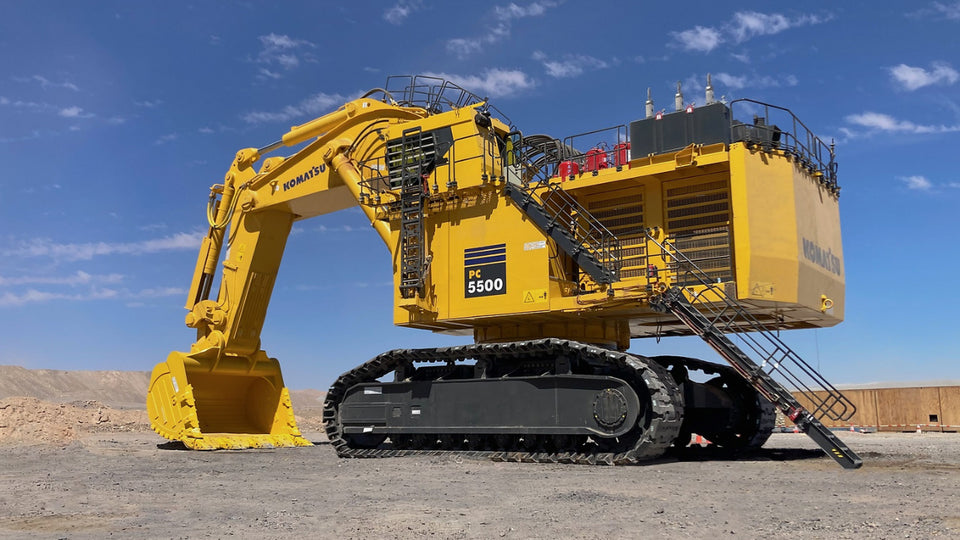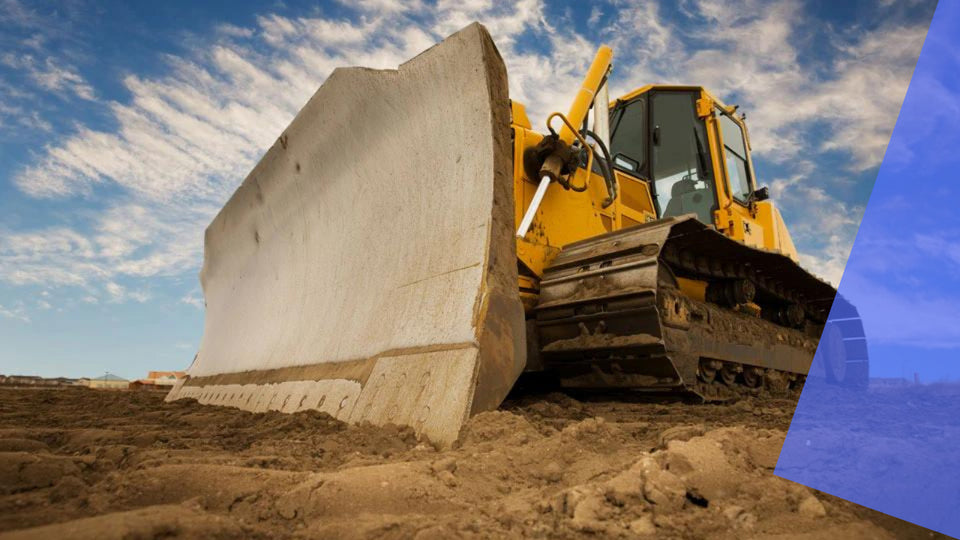Excavators are a token piece of equipment when attempting to undergo any kind of construction venture that requires the movement of a large amount of debris, digging deep into the soil for foundational purposes. Ranging from 3 different sizes these absolute behemoths of heavy construction vehicles have an average weight range anywhere from roughly 4,000 smallest to 200,000 being the heaviest and largest of the lot entirely.
With so many components and moving parts that make up an effective excavator, it goes without saying that sometimes maintenance repairs on the machine can be quite extensive monetarily speaking. Precisionfinaldrives.com wants to ensure that you have as few issues as possible requiring minimal monetary investment. One Important component that you need to make sure that you don’t neglect for ample amounts of timeless you run the great risk of excavator totality is referred to as the final drive motor.
When caring for your excavator's final drive motor there are a few tips and tricks that can help you ensure that you're conducting the process by the book.
First, let's illustrate common operator mistakes when owning an excavator.
#1. Not Inspecting Final Drive Gear Oil Quality
There is a component of the final drive motor that must regularly be inspected to assure quality performance from your final drive motor. This is the oil located inside of the gearbox itself responsible for making sure everything is running smoothly. Motor box gear oil for your final drive should be inspected once every 100 -200 of operation from your excavator.
Continuing excavator operation with polluted or without final drive motor oil will result in your excavator failing to operate as a whole. Due to the absence of the oil, the moving parts inside the gearbox are subjected to heavy amounts of friction. Given that these components are metal they will experience damages like blunt trauma, scrapes, and overall accelerated wear and tear that will seep into other areas of the machine.
Moreover, if the excavator doesn't find itself undergoing constant use frequently your gear box’s final motor drive gear oil should be changed at least once a year.
Inspecting your final drive motor is relatively simple, requiring little mechanical help from external tools to get the job done.
Follow these steps to inspect your Final Drive Motor Gear Oil:
- Locate the gearbox typically found on the front sides of your excavator tracks.
- Locate the three plugs you’ll find plugs at the 12,3 and 6 o’clock positions on the chamber cap.
To inspect the quality of your gear oil simply remove the 3 o’clock plug. Be sure to remove the plug slowly as there may be some pressure built up in the chamber. Slowly remove the plug to gradually depressurize.
You will notice some oil leaking out of the area and be sure to take note of the color and consistency of the oil. If the oil is solid black it's time to take action for an oil change. This color of the final drive oil indicates a lot of oxidation and pollution of soot and outside debris.
#2. Operating An Excavator With Broken Final Drive Motor
A good way to avoid any immediate and future mechanical issues to your excavator is to ensure that you are not operating the vehicle with a broken final drive motor to begin with. The first area of damage will be to your hydraulic system and its components fluid will be unable to lubricate the necessary parts along with an inability to filter out any radicals entering directly into your moving systems. Loud or clunky noises that are noticed to be abnormal coming from your tracks could be an indication of a faulty final drive motor.
#3. Neglecting Final Drive Motor Leaks
One way to ensure that you spend lots of time and money before your excavator runs effectively is to ignore any leaks, especially the leaks happening from your final drive gearbox. Leaks typically can be noticed behind the gearbox and from the appearance of fluid dripping down onto your excavator's tracks. This can be a serious issue and should be resolved immediately or as soon as possible to prevent catastrophic system failure to your excavator.
#4 Neglecting System Faulty Noise Cues
Being unaware of strange sounds -- Make sure you're always paying attention to how your machine actually sounds. You should be able to identify whenever your equipment is making new noises. Whether it's a strange screeching sound or you hear some extra vibration, there could be all kinds of underlying issues. So pay attention and have new sounds inspected right away.
Every operator should keep in mind specifically how your excavator sounds when it's fully and completely functional. Putting any abnormal audio cues from your excavators in the backseat of priorities is an extremely bad habit as whatever issue that is causing the loud and abstract noises from your machine signifies that the issue will only worsen over time. We know that it would be a miracle if your machine could somehow fix itself after a few days of sounding a little under the weather however this is not the case in any mechanical issue situation.
Inspect your excavator to find the source of the issue immediately as this sound could be a result of loose or fallen parts and un-lubricated moving components that can cause severe wear and tear to your excavator's systems.
- Locate the area where the sound is coming from.
- Remove any coverings from the area as much as possible to rid of any obstacles between you and the mechanical issue.
- Conduct a full inspection making sure that all components are in their proper positions and there is no outside debris infiltrating the internal network of your excavator's systems.
- If you need any further assistance to pinpoint the issue consult the operator manual for your specific kind of excavator to paint a better picture of how everything should look and work.
By keeping a frequent and effective excavator inspection schedule you can effectively minimize any mechanical issue that may arise in the future just from sheer preparation. Follow the tips and tricks above to make sure you are properly conducting inspections and increasing your excavator's longevity.



